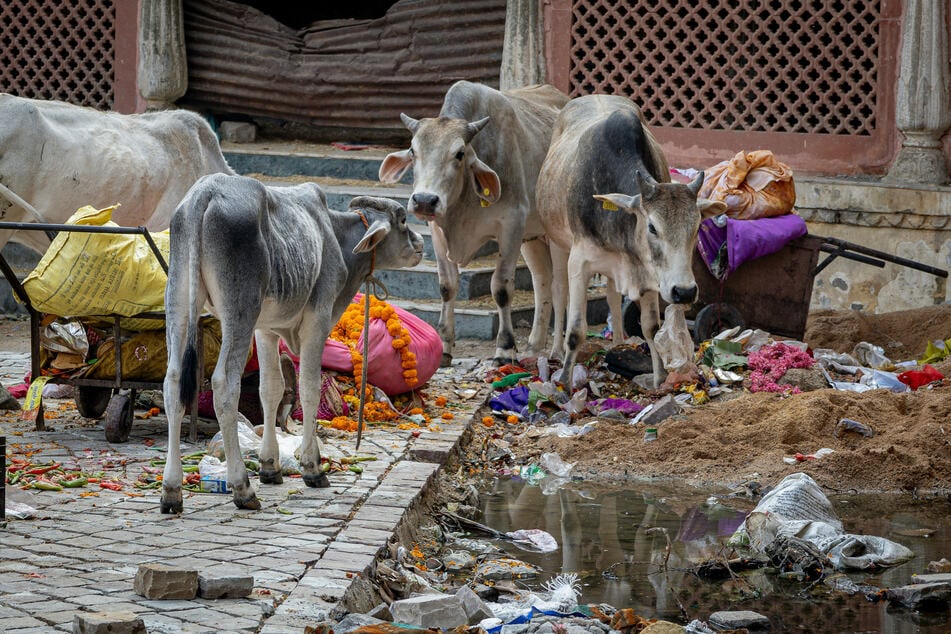Companies in Big Oil-backed anti-plastic pollution alliance produce more waste than they remove
Data obtained by Greenpeace shows that companies making up an anti-plastic pollution alliance produce 1,000 times more new plastic than the project has been able to remove from the environment.

While the participants in the Alliance to End Plastic Waste (AEPW) initiative promised to divert 15 million tons of plastic waste from the environment between 2018 and 2023, they have only succeeded in removing 118,500 tons.
In that same time, AEPW member companies ExxonMobil, Shell, TotalEnergies, and Chevron Phillips have produced a joint amount of 132 million tons over that same five-year period.
A Greenpeace Unearthed investigation accused the AEPW of acting more as a PR tool for the associated companies, with the goal of changing the conversation "away from short-term simplistic bans of plastic."
Figures shared with Greenpeace by a consultancy have revealed that just five of the AEPW's members produce more plastic waste in two days than the alliance has cleaned up over the period since 2018.
"It's hard to imagine a clearer example of greenwashing in this world," environmental campaigner Bill McKibben told Greenpeace. "The oil and gas industry – which is pretty much the same thing as the plastics industry – has been at this for decades."
Alliance to End Plastic Waste slammed for "greenwashing"
The AEPW has long championed what it calls a "circular economy for plastic," touting refund and deposit schemes as a significant path forward for reducing plastic waste.
"We need to move away from the traditional take-make-dispose model and strive to keep plastic in use for as long as possible," the AEPW states on its website.
However, Greenpeace UK's co-executive director Will McCallum cast doubt over such claims, saying that "The recycling schemes they're promoting can barely make a dent in all the plastic these companies are pumping out."
"They're letting the running tap flood the house while trying to scoop up the water with a teaspoon. The only solution is to cut the amount of plastic produced in the first place," McCallum was cited by the Guardian as having said.
This article has been amended to clarify that the Alliance to End Plastic Waste is an NGO that works with companies and does not itself produce plastic or plastic pollution.
Cover photo: Unsplash/Martijn Vonk